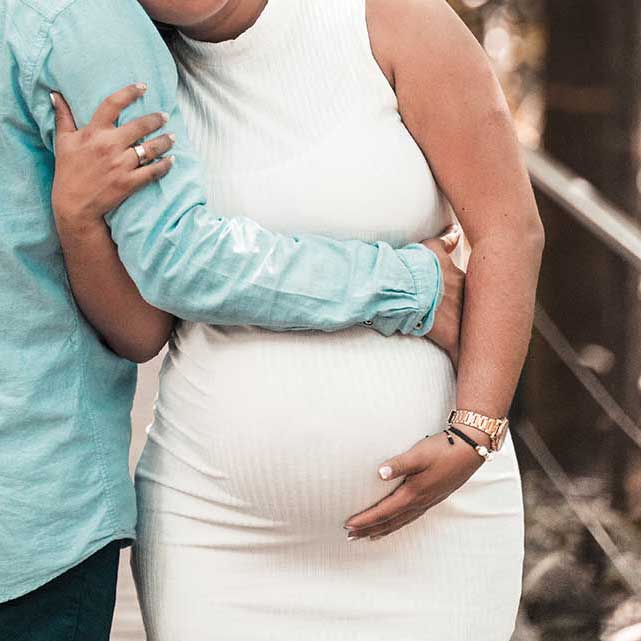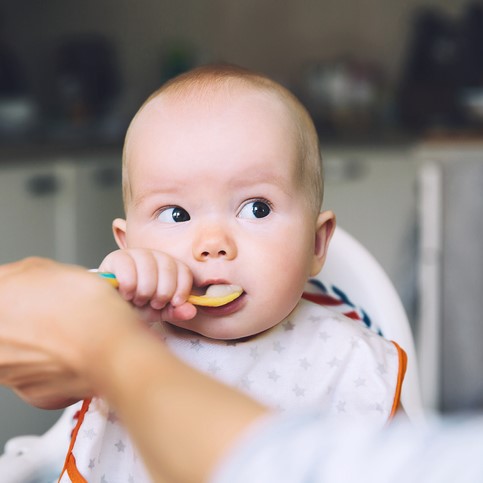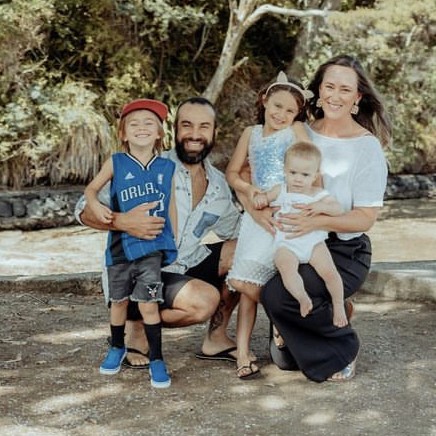Meet Our Experts: Nurse, Midwife, Lactation Consultant and Childbirth Educator, Libby Cain
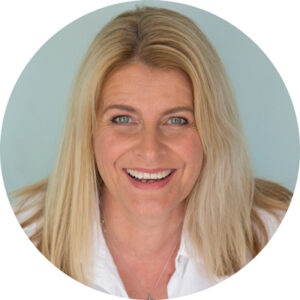
Meet Libby Cain, our go-to expert for all your feeding, postpartum and newborn questions. Each month we’ll be posting a question box on our Instagram where you can write in, then we’ll put your pressing questions to our expert panel.
Can you start by introducing yourself?
Hi, I am Libby Cain and I was born in Cambridge, New Zealand and now live in central Auckland. I have worked in the health industry all my life. I work at Auckland hospital and privately in the community.
What are your qualifications and how long have you been working in the maternity space for?
I have worked as a nurse and midwife for 35 years. I have taught childbirth education classes for 15 years and have been a lactation consultant for 20 years. During my nursing training, when we had a midwife tutor us for the maternity component, I knew then that this is where I wanted to be. I worked and travelled as a nurse and then came back to New Zealand and trained as a midwife.
What does an average day in your role look like?
If I am working at the hospital, I see pregnant women who need specialist care due to complications with their health. I work with them and their whānau to keep their pregnancy/birthing experience as normal as possible which can be a huge challenge but so rewarding. The days I am not at the hospital, I see women and families in their home providing postnatal care for the six weeks after birth, funded by the Ministry of Health.
I also provide a service where I go into the home for parents who feel they need more continued support with feeding and settling their newborn.
Tell us in five words how your patients would describe you.
Families say they love my soothing, gentle approach. The fact that I am calm, have a sense of humour, and that I am empathetic to their individual needs.
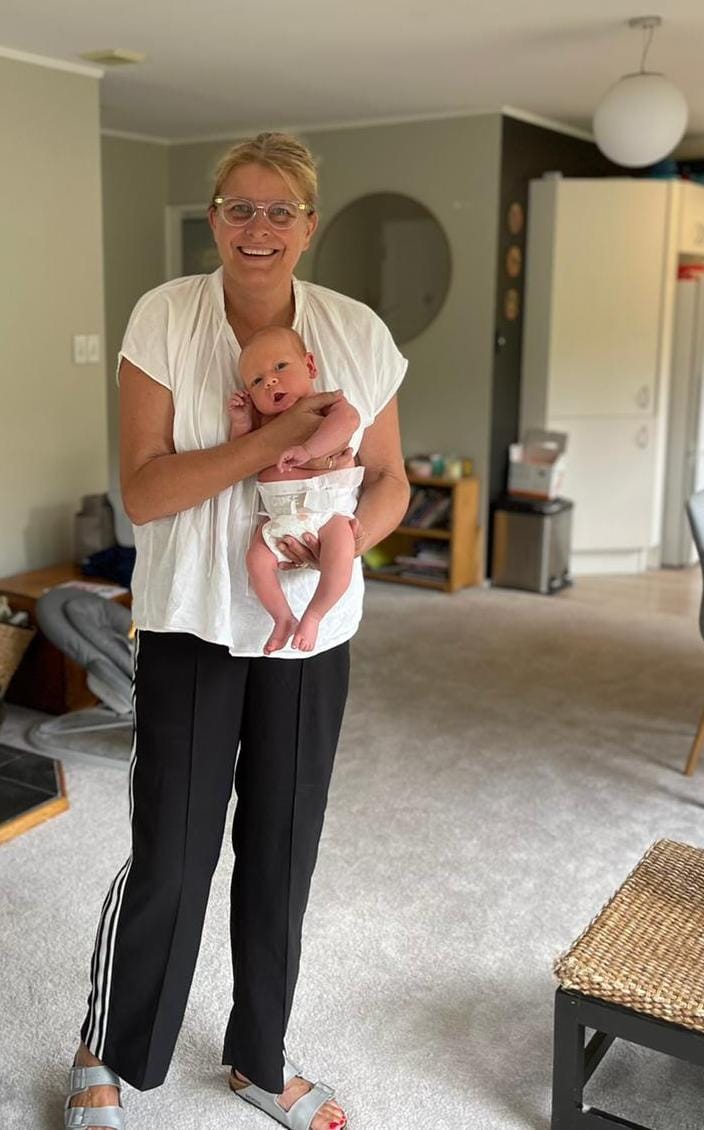
When it comes to taking care of māmā and pēpi, what are you most passionate about?
I feel so privileged that I get to work with and share my knowledge with māmā, pāpā and their pēpi every day, empowering them so they can gain confidence and enjoy this very special time of a newborn which is fleeting.
What are the most common challenges you see whānau facing with their babies and how do you help them?
The common challenges is see facing whānau is mostly the reality of bringing a newborn home and the lack of sleep for everyone. The differing advice they receive is huge, causes confusion and can undermine new parents’ confidence. Many want to be perfect parents, possibly exacerbated by social media. Parents also may be living away from or not able to see their extended whānau or have their physical support. But feeding, getting baby to sleep, and winding are the three things parents struggle with physically.
What is your health and wellbeing philosophy, especially in terms of Te Whare Tapa Whā?
Having being in the health industry for so long now, it’s the hauroa of the whole whānau I am thinking about, not just māmā and pēpi .
I personally feel that you can’t separate the wairua, tinana, hinengaro or whānau, each is dependent on each other and if one of these is dysfunctional or broken, its impact can be huge.
In my every day practice, no matter where I am working if it’s in a home in Waterview or Remuera, or with a whanau in clinic or intensive care, I am always considering Te Whare Tapa Whā.
It might be the impact of no support for a new mum because the partner can’t take any more time off work, I might write a letter to the boss or encourage a different family member to be available, or someone from the church. Or if a home is damp and unhealthy, we can refer to healthy homes to get this sorted quicker. We can organise clothing for families, not just the māmā and pēpi, but old children too. An emotional māmā bringing her second baby home may upset because the toddler is playing up and gone backwards with their toileting, she feels bad for the toddler now and the toddler only wants the dad – it’s the whole whānau and situation that needs calm, empathetic advice.
I always make sure whānau are fully informed and understand. I offer culturally appropriate support, meaning sometimes I may step back too.
